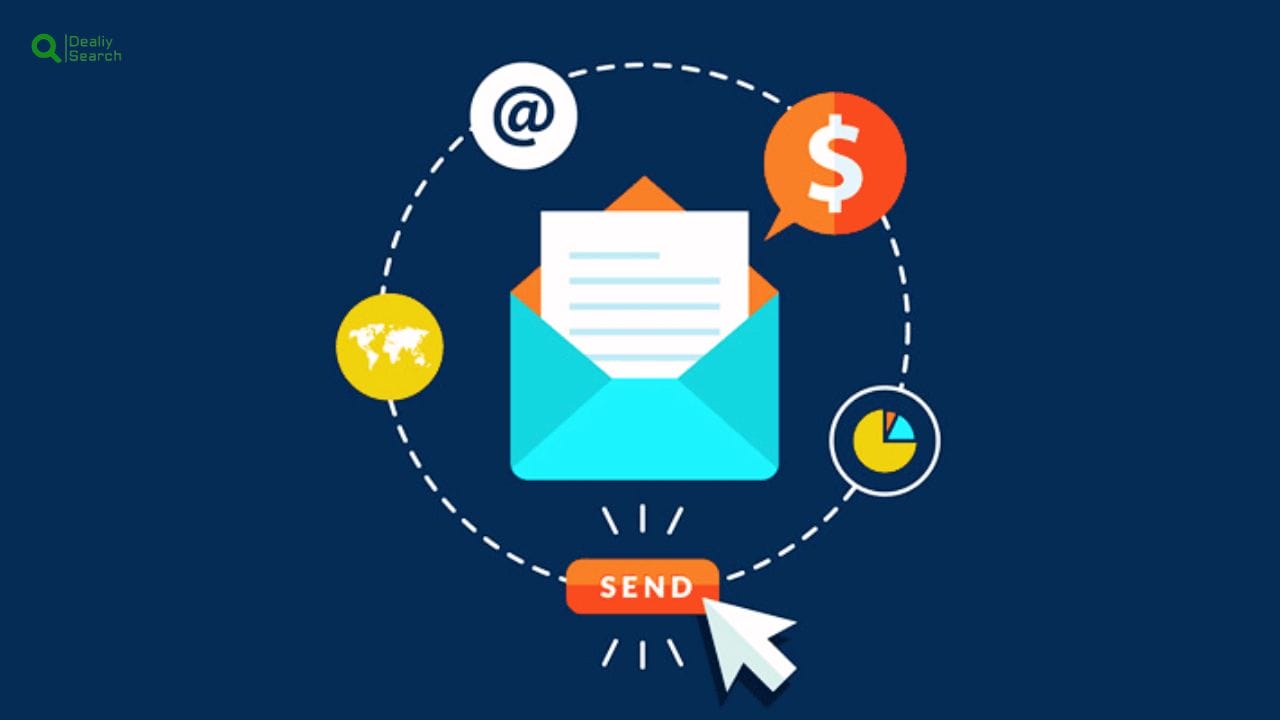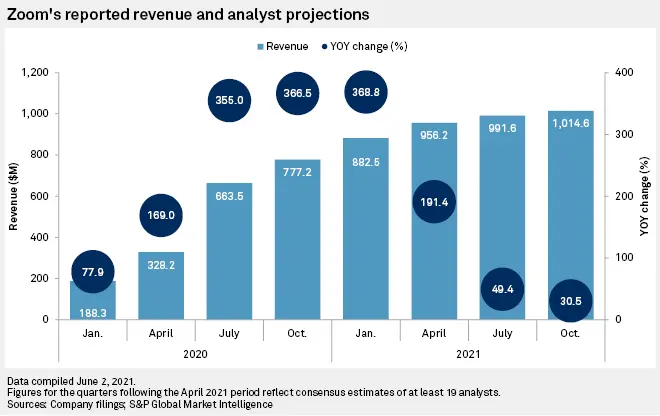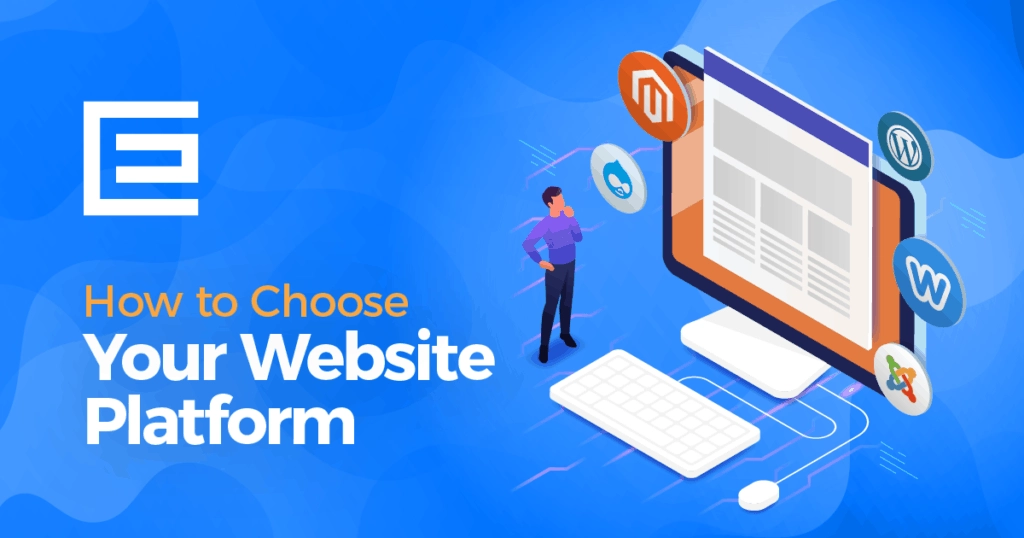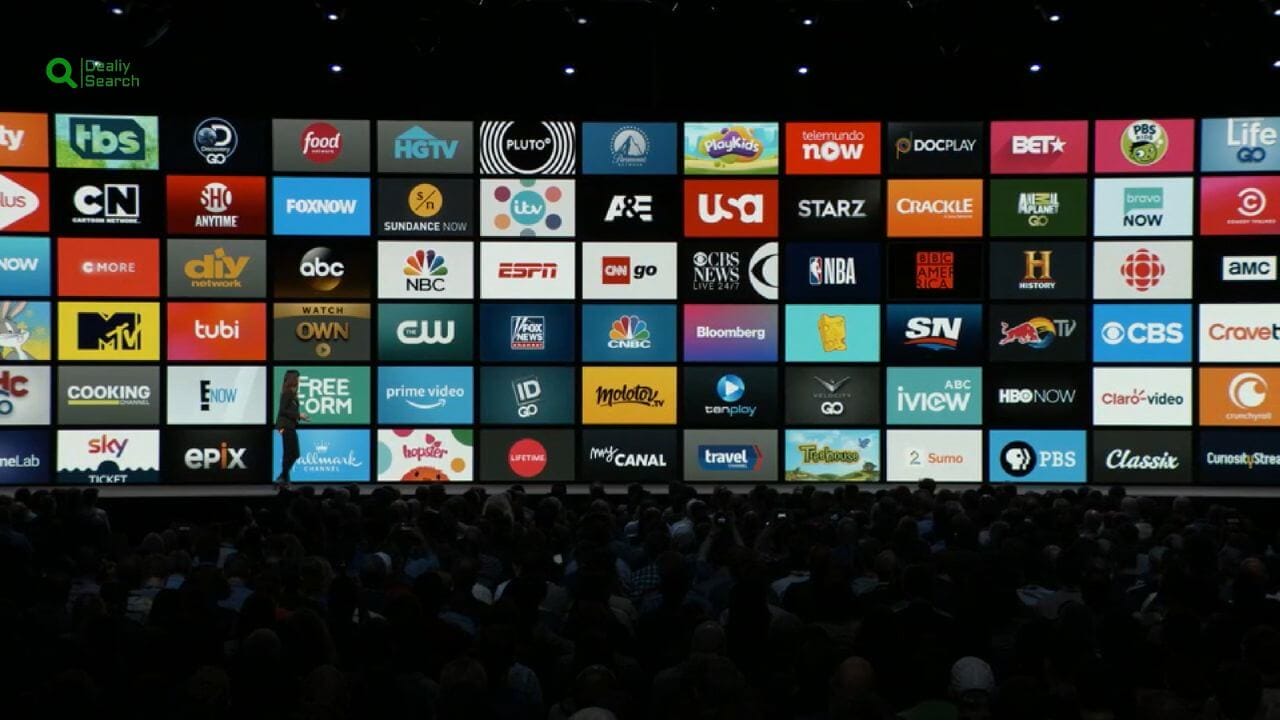Unleashing The Power Of Email Choosing The Right Email Marketing Software
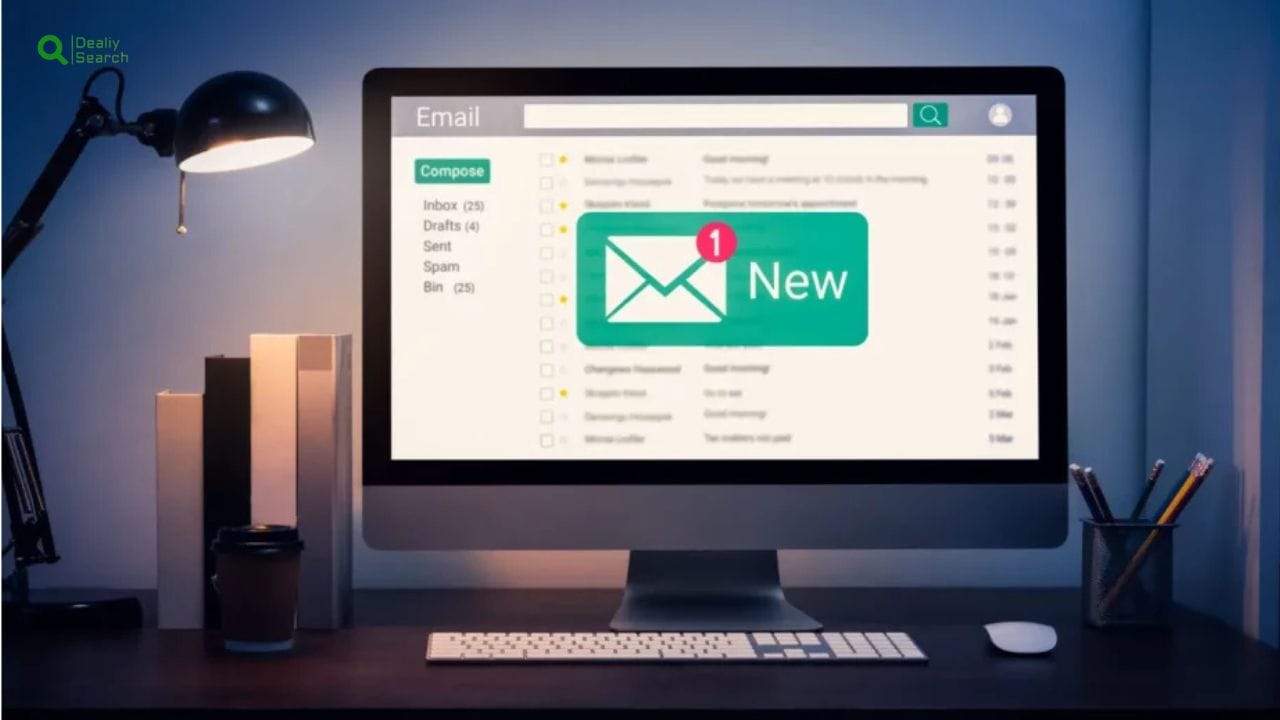
In today’s digital world, businesses need an effective way to connect with customers, promote their products, and build lasting relationships. Email marketing software is one of the most powerful tools for achieving these goals. It allows businesses to send automated, personalized emails to a large audience, track engagement, and improve marketing strategies. Whether you’re running a small business, an e-commerce store, or a large company, the right email marketing software can help you grow and succeed. This article will guide you through the importance of email marketing software, its key features, and how to choose the best platform for your needs. If you want to improve your marketing efforts, reach more customers, and boost sales, keep reading to learn how email marketing software can transform your business!
What Is Email Marketing Software And Why Is It Important ?
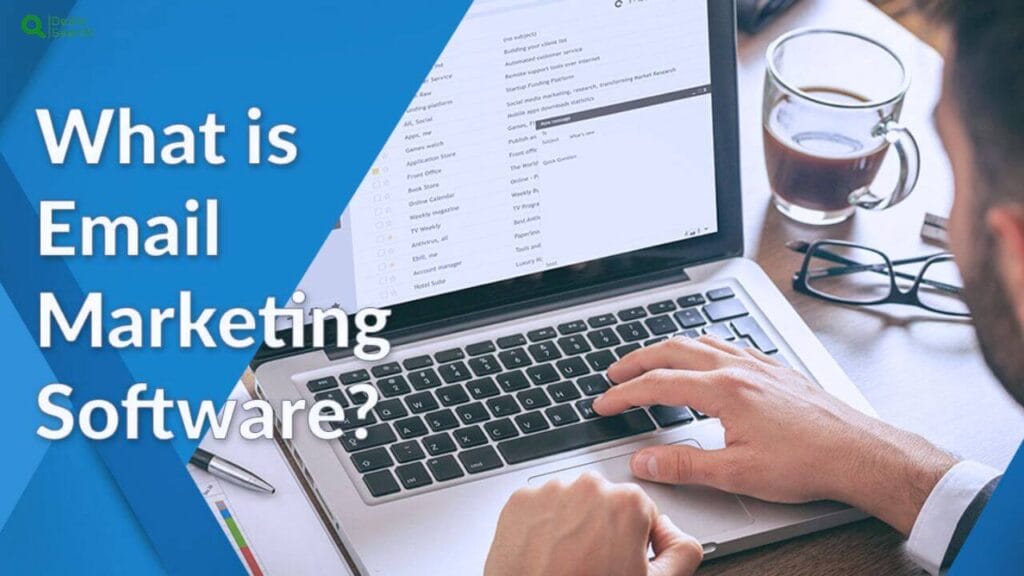
Email marketing software is a tool that helps businesses and individuals send emails to many people at once. It is used for promoting products, sharing updates, and building relationships with customers. Instead of sending emails one by one, this software automates the process, making marketing faster and more efficient. One of the biggest reasons email marketing software is important is efficiency. Businesses can create email campaigns, schedule messages, and track results in one place.
Tools like Mailchimp, Constant Contact, and Sendinblue help send personalized emails to the right audience, increasing engagement. Another key benefit is customer connection. Email marketing software allows businesses to send newsletters, promotional offers, and important updates directly to people’s inboxes. This keeps customers informed and encourages them to take action, such as making a purchase or signing up for a service.
Additionally, these tools offer analytics and tracking, so businesses can see who opened their emails, clicked links, and responded. This helps improve marketing strategies over time. In today’s digital world, email marketing software is essential for businesses looking to grow, engage their audience, and boost sales in an easy and cost-effective way.
What Is the Difference Between Email Marketing Software and Other Platforms?
Email marketing software is designed specifically for sending bulk emails, automating campaigns, and tracking email performance, while other platforms—like social media, messaging apps, and general marketing tools—serve different purposes. One major difference is how communication happens. Email marketing software focuses on direct, personalized messaging delivered straight to a person’s inbox. In contrast, social media platforms (like Facebook, Instagram, and Twitter) rely on public posts, ads, and interactions with followers.
While social media is great for reaching a broad audience, email marketing allows businesses to target specific people with personalized content. Another key difference is automation and tracking. Email marketing software like Mailchimp, Constant Contact, and Sendinblue offers features such as scheduled emails, automated follow-ups, and detailed analytics. Businesses can track open rates, click-through rates, and conversions, which is harder to do on other platforms.
Compared to messaging apps like WhatsApp or Messenger, email marketing provides more professional and structured communication. Emails can include branding, links, and attachments, making them ideal for newsletters, promotions, and business offers. While other platforms focus on engagement and visibility, email marketing software is best for customer retention, direct sales, and personalized outreach, making it an essential tool for businesses.
What Are the Best Email Marketing Software?

Email marketing software helps businesses send bulk emails, automate campaigns, and track performance. Choosing the right platform can improve customer engagement and boost sales. Here are some of the best email marketing software available today:
- Mailchimp – One of the most popular email marketing tools, Mailchimp offers easy-to-use templates, automation, and analytics. It’s great for small businesses and beginners, with a free plan available.
- Constant Contact – A user-friendly platform with great automation tools, email templates, and list management features. It’s ideal for growing businesses looking for an all-in-one email solution.
- Sendinblue – Known for its advanced automation, SMS marketing, and CRM features, Sendinblue is a great choice for businesses that want personalized marketing campaigns.
- GetResponse – Offers email automation, landing pages, and webinar hosting, making it a great choice for businesses that want an all-in-one marketing solution.
- ActiveCampaign – Best for businesses looking for advanced automation and customer segmentation, helping send highly personalized emails based on user behavior.
- AWeber – A great choice for small businesses, offering easy-to-use email templates, automation, and analytics.
Each of these platforms offers different features depending on business needs. Whether you want simple email campaigns or advanced automation, choosing the right email marketing software can help improve engagement and grow your business.
key features to look for in an email marketing software
When choosing an email marketing software, it’s important to look for features that make sending and managing emails easy. The right software helps businesses send emails to many people at once, keep track of who opens them, and make sure messages reach the right audience. One of the most important features is email automation.
This allows users to schedule emails in advance, so messages can be sent at the perfect time without doing it manually. Another key feature is customizable templates, which help create professional-looking emails without needing design skills. Contact list management is also important. This feature helps organize email lists and group people based on their interests. Personalization tools make emails more engaging by adding the recipient’s name or sending content that matches their preferences.
Good email marketing software also includes analytics and tracking, which show how many people open emails, click links, and take action. This helps businesses understand what works best. Lastly, spam protection and high deliverability rates ensure emails don’t get lost in spam folders. Choosing a software with these features makes email marketing easier, more effective, and more successful.
Top 10 Email Marketing Software for E-commerce

Here’s a comprehensive overview of the top 10 email marketing software solutions for e-commerce:
- Mailchimp
A powerhouse for e-commerce businesses with features like advanced segmentation, AI-powered product recommendations, and seamless integration with major platforms like Shopify and WooCommerce. Offers automation workflows specifically designed for abandoned cart recovery and customer re-engagement. - Klaviyo
Specifically built for e-commerce with powerful predictive analytics and personalization. Excels at customer lifecycle marketing with deep integration capabilities for platforms like Shopify, Magento, and BigCommerce. Superior segmentation based on customer behavior and purchase history. - Omnisend
Purpose-built for e-commerce with omnichannel capabilities including SMS, web push notifications, and Facebook Messenger integration. Features pre-built automation workflows for cart recovery and order confirmation, plus dynamic product recommendations. - SendinBlue (now Brevo)
Cost-effective solution with strong transactional email capabilities and SMS marketing features. Includes a robust CRM, landing page builder, and marketing automation tools. Particularly good for small to medium-sized e-commerce businesses. - Drip
Focuses on e-commerce personalization with advanced customer journey mapping and behavior-based automation. Offers detailed analytics and revenue attribution tracking. Strong visual workflow builder for creating complex automation sequences. - ActiveCampaign
Powerful automation capabilities with deep CRM integration. Offers predictive sending and machine learning-based content recommendations. Strong A/B testing capabilities and detailed reporting features. - GetResponse
All-in-one marketing platform with features like webinars, landing pages, and conversion funnels. Includes pre-built e-commerce templates and automation workflows. Good integration with major e-commerce platforms. - Constant Contact
User-friendly platform with solid e-commerce features including shoppable landing pages and automated product recommendations. Strong social media integration and event management capabilities. - ConvertKit
Popular among creators and digital product sellers. Offers visual automation builder, customizable forms, and landing pages. Strong focus on subscriber segmentation and targeted content delivery. - HubSpot Email Marketing
Part of HubSpot’s comprehensive marketing suite. Offers powerful CRM integration, detailed analytics, and advanced personalization options. Strong A/B testing capabilities and marketing automation features.
Key Features to Consider:
- E-commerce platform integration capabilities
- Automation workflows specific to e-commerce
- Segmentation and personalization features
- Analytics and reporting depth
- Price scaling with list size
- Customer support quality
- Mobile optimization tools
- A/B testing capabilities
Frequently Asked Question
1. How do I choose the best email marketing software for my business?
Consider your business size, budget, and specific needs. Evaluate different platforms based on their features, ease of use, customer support, and pricing. Many providers offer free trials, allowing you to test the software before committing.
2. Can email marketing software integrate with my existing tools?
Yes, most email marketing platforms can integrate with various tools such as CRM systems, e-commerce platforms, and social media networks. This integration streamlines your marketing efforts and ensures consistency across channels.
3. Is email marketing effective for small businesses?
Absolutely. Email marketing offers a high return on investment and allows small businesses to reach their audience directly, build relationships, and promote their offerings without significant costs.
4. How does email automation benefit my marketing strategy?
Email automation saves time by sending personalized messages based on user behavior or predefined schedules. This ensures timely communication, nurtures leads, and enhances customer engagement without manual intervention.
5.What are some common challenges in email marketing, and how can software help?
Challenges include low open rates, high unsubscribe rates, and managing large contact lists. Email marketing software addresses these by offering A/B testing, analytics to refine strategies, segmentation for targeted messaging, and tools to maintain list hygiene.
Conclusion
Email marketing software has become a cornerstone of successful e-commerce businesses, offering powerful tools for customer engagement, sales growth, and brand building. While each platform brings unique strengths to the table – from Mailchimp’s versatility to Klaviyo’s e-commerce focus – the key is choosing a solution that aligns with your specific business needs, technical capabilities, and growth goals. By selecting the right platform and utilizing its features effectively, you can create personalized customer experiences, automate crucial marketing tasks, and drive measurable results for your online store. Remember, the best email marketing tool is one that not only meets your current needs but can also scale with your business as it grows.


